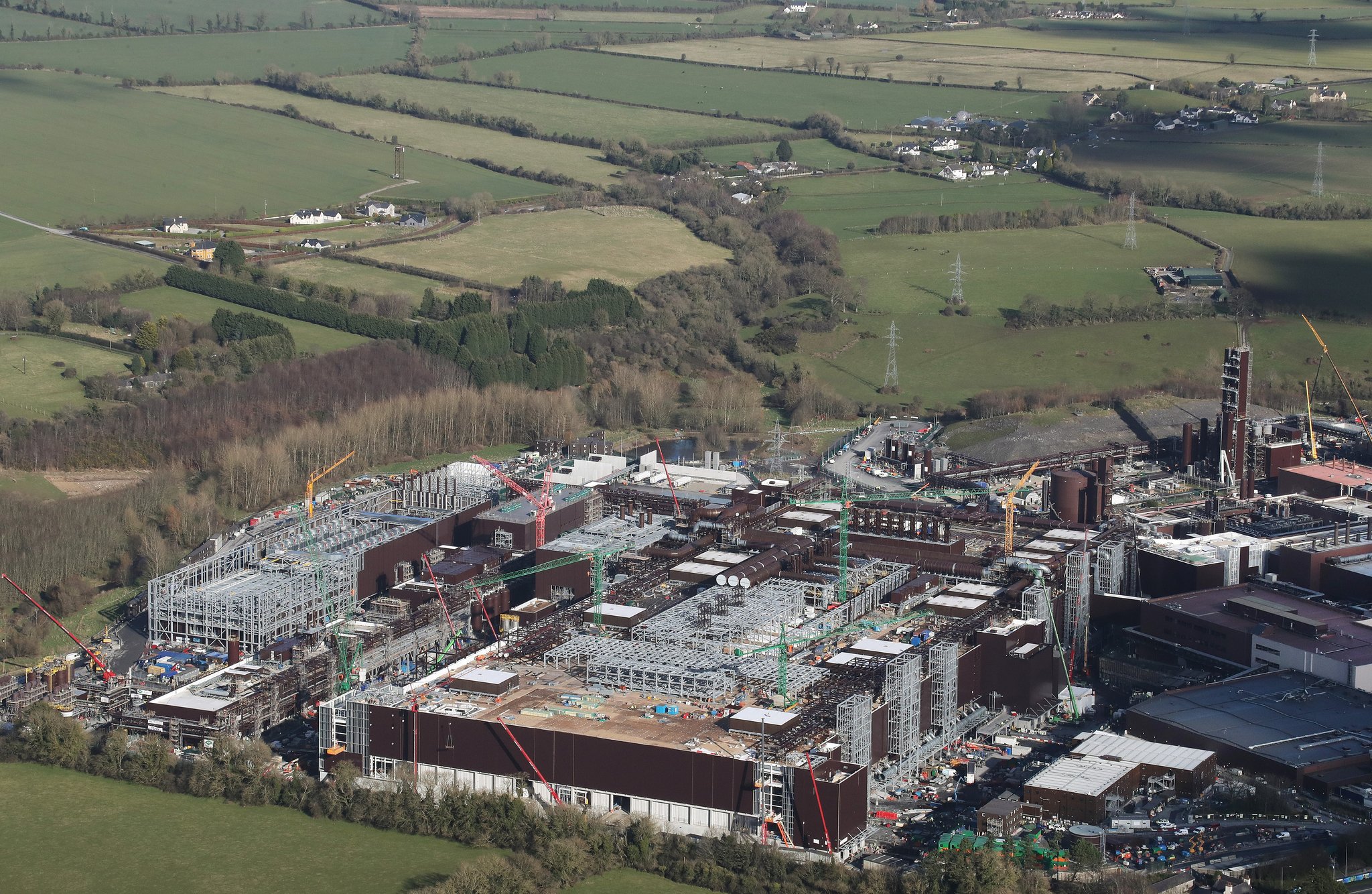Intel to invest up to €80 billion in European Union to expand semiconductor manufacturing and development
Intel will invest heavily in semiconductor manufacturing and R&D in Germany, Ireland, Italy, Poland, and Spain.


What you need to know
- Intel will invest as much as €80 billion in the semiconductor chain in the European Union.
- Investments will span across research and development, manufacturing, and packaging technologies.
- An initial investment of €17 billion will be made toward a fab mega-site in Germany, to build a new R&D design hub in France, and to invest in manufacturing and foundry services in Ireland, Italy, Poland, and Spain.
Intel announced plans to invest as much as €80 billion into semiconductor initiatives within the European Union. The company's plans include an initial €17 billion investment to create a fab mega-site in Germany and will advance research and development and manufacturing across the EU. Intel will create a new R&D hub in France, expand its investment in its foundry services in Ireland, and increase its manufacturing and foundry services in Italy, Poland, and Spain.
It will take some time for the investment to yield results, but it should greatly expand Intel's production capabilities with Europe once completed.
Intel will build two semiconductor fabs in Magdeburg, Germany, which is the capital of Saxony-Anhalt. Planning will begin immediately, and construction should start in the first half of 2023. Those fabs should begin production in 2027, though that is pending European Commission approval.
The two new fabs in Germany will use Intel's Angstrom-era transistor technologies and be used for the company's foundry services and its own chip production.
"Our planned investments are a major step both for Intel and for Europe," said Intel CEO Pat Gelsinger. "The EU Chips Act will empower private companies and governments to work together to drastically advance Europe's position in the semiconductor sector. This broad initiative will boost Europe's R&D innovation and bring leading-edge manufacturing to the region for the benefit of our customers and partners around the world. We are committed to playing an essential role in shaping Europe's digital future for decades to come."
Intel will also spend €12 billion to double the manufacturing space and to bring Intel 4 process technology to its facilities in Leixlip, Ireland. After that expansion, Intel will have invested more than €30 billion in Ireland.
Italy and Intel have also entered negotiations to create a back-end manufacturing facility with an investment of up to €4.5 billion. If created, the factory will start operating between 2025 and 2027.
All the latest news, reviews, and guides for Windows and Xbox diehards.
Intel also announced plans to build a new R&D hub near Plateau de Saclay, France. The company will also make France its European headquarters for high-performance computing and artificial intelligence design capabilities.
By the end of 2023, Intel will increase its lab space by 50% in Gdansk, Poland to focus on deep neural networks, audio, graphics, data center, and cloud computing.
Notably, this investment is being made by Intel within the European Union, not across a broader collection of European countries. The UK lost Intel chip factory consideration due to Brexit. That is now having a real-world impact in the form of Intel choosing to invest elsewhere in Europe.

Sean Endicott is a news writer and apps editor for Windows Central with 11+ years of experience. A Nottingham Trent journalism graduate, Sean has covered the industry’s arc from the Lumia era to the launch of Windows 11 and generative AI. Having started at Thrifter, he uses his expertise in price tracking to help readers find genuine hardware value.
Beyond tech news, Sean is a UK sports media pioneer. In 2017, he became one of the first to stream via smartphone and is an expert in AP Capture systems. A tech-forward coach, he was named 2024 BAFA Youth Coach of the Year. He is focused on using technology—from AI to Clipchamp—to gain a practical edge.
